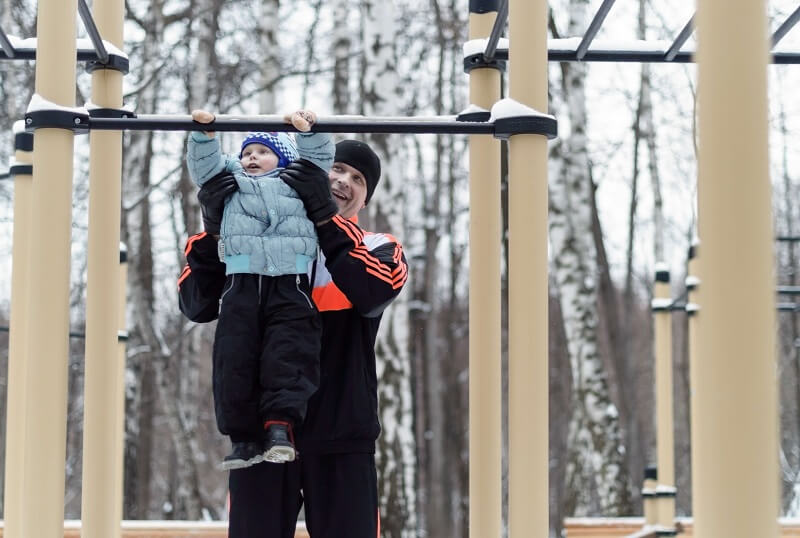-
Understanding the Dynamics of Co-Parenting for Successful Child Rearing

Co-parenting is a parenting arrangement in which two or more people share the responsibilities of raising a child, often after a separation or divorce. This approach can be beneficial for children, providing them with a sense of stability and love from both parents. While co-parenting presents unique challenges, it also offers opportunities for collaboration and
-
Navigating the Teenage Years: Supporting Adolescents Through Transitions

The teenage years are a period of immense change and growth, marked by physical, emotional, and social transitions. It’s a time when adolescents begin to assert their independence while still relying on support and guidance from adults. As parents, educators, and mentors, it’s essential to understand the challenges teenagers face and provide them with the
-
Parenting Styles: Finding What Works Best for Your Family

Parenting is a deeply personal journey, and there is no one-size-fits-all approach to raising children. Every family is unique, and what works for one may not necessarily work for another. Parenting styles play a significant role in shaping children’s behavior, attitudes, and overall well-being. From authoritative to permissive and everything in between, there are various
-
Navigating Parenthood with a Partner: Building a Strong Co-Parenting Relationship

Parenthood is a journey filled with joy, challenges, and countless decisions, and navigating it with a partner can enhance the experience. Building a strong co-parenting relationship is essential for providing a stable and supportive environment for children. Effective co-parenting involves communication, cooperation, and mutual respect between partners as they share the responsibilities of raising children.
-
Parenting Through Transitions: Helping Children Adapt to Change

Transitions are an inevitable part of life, and navigating them can be challenging, especially for children. Whether it’s moving to a new home, starting a new school, or experiencing family changes, transitions can evoke a range of emotions in children, including anxiety, fear, and confusion. As parents, it’s essential to provide support and guidance to
-
Creative Ways to Teach Kids About Responsibility

Teaching kids about responsibility is an essential aspect of their development, preparing them for the challenges of adulthood and instilling in them the values of accountability and independence. However, traditional methods of teaching responsibility, such as chores and homework, can sometimes feel tedious to children, leading to resistance rather than understanding. To effectively impart this
-
Parent-Child Bonding: Connecting with Your Kids

Parent-child bonding is a fundamental aspect of family life that fosters love, trust, and emotional security between parents and their children. From the moment a child is born, the bond between parent and child begins to form and evolves over time through shared experiences, interactions, and affectionate gestures. In this article, we’ll explore the importance
-
Mindful Parenting: Embracing the Moment with Your Children

Parenting is a rewarding yet demanding journey that often keeps us busy with daily routines and responsibilities. However, practicing mindful parenting allows us to be fully present in our children’s lives, fostering deeper connections and nurturing their well-being. In this article, we will explore mindful parenting techniques that help you embrace the present moment with
-
Parenting in the Digital Age: Balancing Screen Time and Play

Parenting in the digital age brings both opportunities and challenges. While technology can be a valuable tool for education and entertainment, finding the right balance between screen time and playtime is crucial for a child’s development. In this article, we’ll explore strategies and insights to help parents navigate this digital landscape while ensuring their children’s
-
Parenting Styles – How They Influence Child Outcomes

There are many differences between parenting styles. All parents can use all of these styles. However, some parents may be more disposed to one or the other than others. For example, some parents may have a highly permissive parenting style while others may be highly authoritative. The four parenting styles have different names and attributes:
About
Hey I’m Kathryn Thompson, a mommy and writer turned blogger in London. Mom of toddler Mikey, husband to Steve with baby Charlie on the way!



